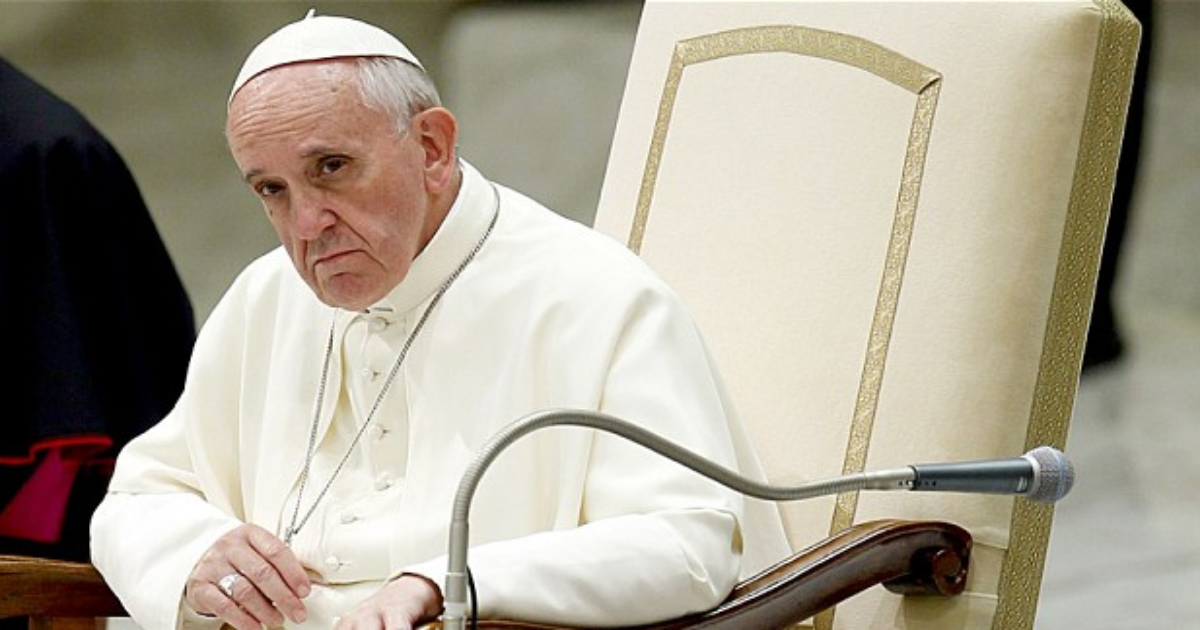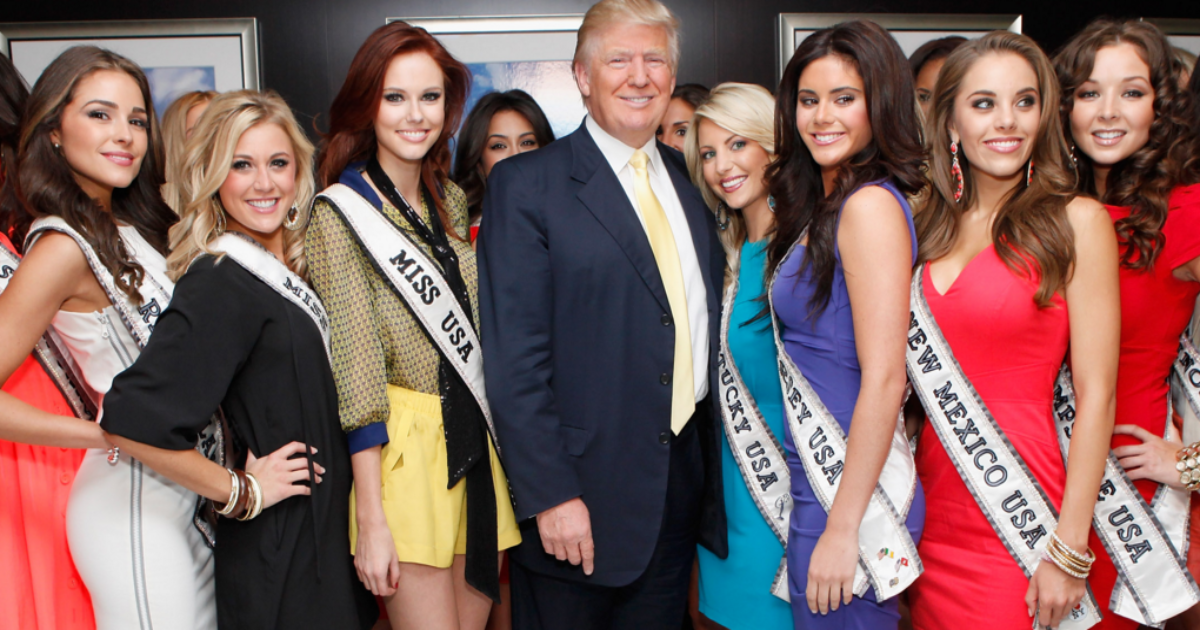Earlier this week, Democratic presidential hopeful Hillary Clinton published an op-ed piece in the New York Times entitled “How I’d Rein In Wall Street.” She talks an excellent game, with proposed “risk fees” on financial institutions with more than $50 billion in assets as well as strengthening the Volcker Rule and closing loopholes that still allow for what Bernie Sanders aptly describes as “casino gambling on Wall Street.”
Clinton is calling for the reinstatement of the Glass-Steagall Act, the 1933 legislation that put up a barrier between commercial and investment banking – which was repealed under her husband’s administration in 1999. In her op-ed piece, she declares that she would “appoint tough, independent regulators, [ensuring] that both the Securities and Exchange Commission and the Commodity Futures Trading Commission are independently funded…so that they can do their jobs without political interference.” Clinton says she would also crack down on human executives by extending the statute of limitations on financial crimes to a full ten years and increasing penalties while providing more protections and incentives for whistleblowers.
All well and good…but haven’t we heard all of this before? Is Hillary Clinton serious about these intentions, or is she simply trying to score points with Bernie Sanders’ supporters?
Although Clinton says her Administration would have the option to do so, she still stops short of calling for the breakup of banks “too big to fail.” And, like Congressional lawmakers on both sides of the aisle, she continues to insist that Glass-Steagall would have made little difference in 2008, arguing that many of the major players responsible for the crash were not “traditional banks.” Interestingly, Clinton earlier said that Glass-Steagall was obsolete and too broad. At the first Democratic debate in October, she said, “My plan is more comprehensive…it’s tougher.” Clinton then added, “If only you look at the big banks, you may be missing the forest for the trees.”
She may have a point. A significant number of financial institutions and practices that didn’t exist (at least, not in their present form) in the 1930s, such as hedge funds and “credit default swaps” would not have been affected by Glass-Steagall. Furthermore, some of the problems stemmed from ill-advised mergers acquisitions. Case in point: Bank of America, which took over Countrywide Financial, a sub-prime lender with billions of dollars in bad debts. Nothing in Glass-Steagall would have prohibited that.
However, therein lies one major source of the entire debacle: mergers and acquisitions that allowed banking institutions to grow like malignant tumors. Glass-Steagall would have prevented that unrestrained growth from going on steroids – and today, those Wall Street firms might not have been “too big to fail.”
The fact remains that while Hillary Clinton talks a good game, her plan is still short on details. She says that her administration would impose stiffer penalties and force these corporate criminals to own up to their crimes – but hasn’t specified just how she would prepare the Department of Justice to fight for these convictions. Wall Street firms have virtually limitless resources and access to some of the most cunning legal minds on the planet; without laws containing real teeth, appeals could continue for years. Furthermore, should such cases make it to the U.S. Supreme Court, the current makeup of that august body make it unlikely that any corporate criminal would get any more than a slap on the wrist – or that any human criminal would serve so much as a day behind bars.
Then, there is the very issue of the legislative process. Even if the Democratic Party manages to retake control of Congress in 2016, too many of them are beholden to Wall Street interests – and of course, it goes without saying that the Republicans will fight any attempt at meaningful reform. And even if Clinton’s “risk fees” are implemented, it’s a good bet that the bean counters at affected institutions will figure out ways around them.
Finally, there is the issue of Clinton’s own ties to Wall Street. Both the Clinton Foundation and the Clinton Global Initiative are dependent upon the largess of the very same institutions she proposes to “rein in.” Will Hillary Clinton really bite the hand that feeds her?
Clinton may have good intentions, but her proposals represent little more than “incremental change” that won’t accomplish very much in the short term. Meanwhile, the electorate has passed the point of being “fed up.” It is going to require the full-on political revolution that Bernie Sanders has called for. That not only means electing an executive willing to take off the gloves and confront Wall Street criminals directly, it also means cleaning House – and Senate. As he himself has reminded us all, electing Bernie Sanders is not enough. It is necessary to have legislators who will work with, rather than against the Executive Branch as has been the case for the past several years. It will require every citizen to apply pressure to those lawmakers.
If there was ever an election in which every registered voter needs to stand up and make his or her voice heard, 2016 is it. Don’t sit this one out, folks.





